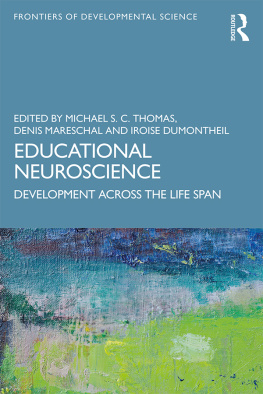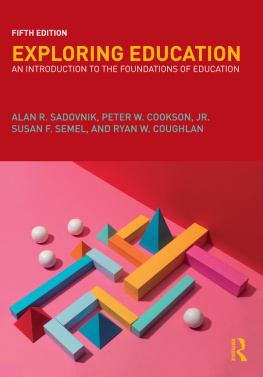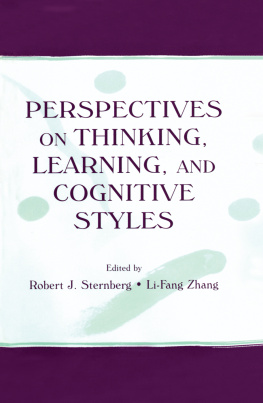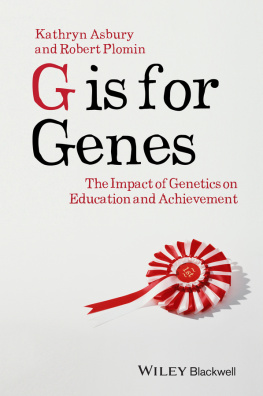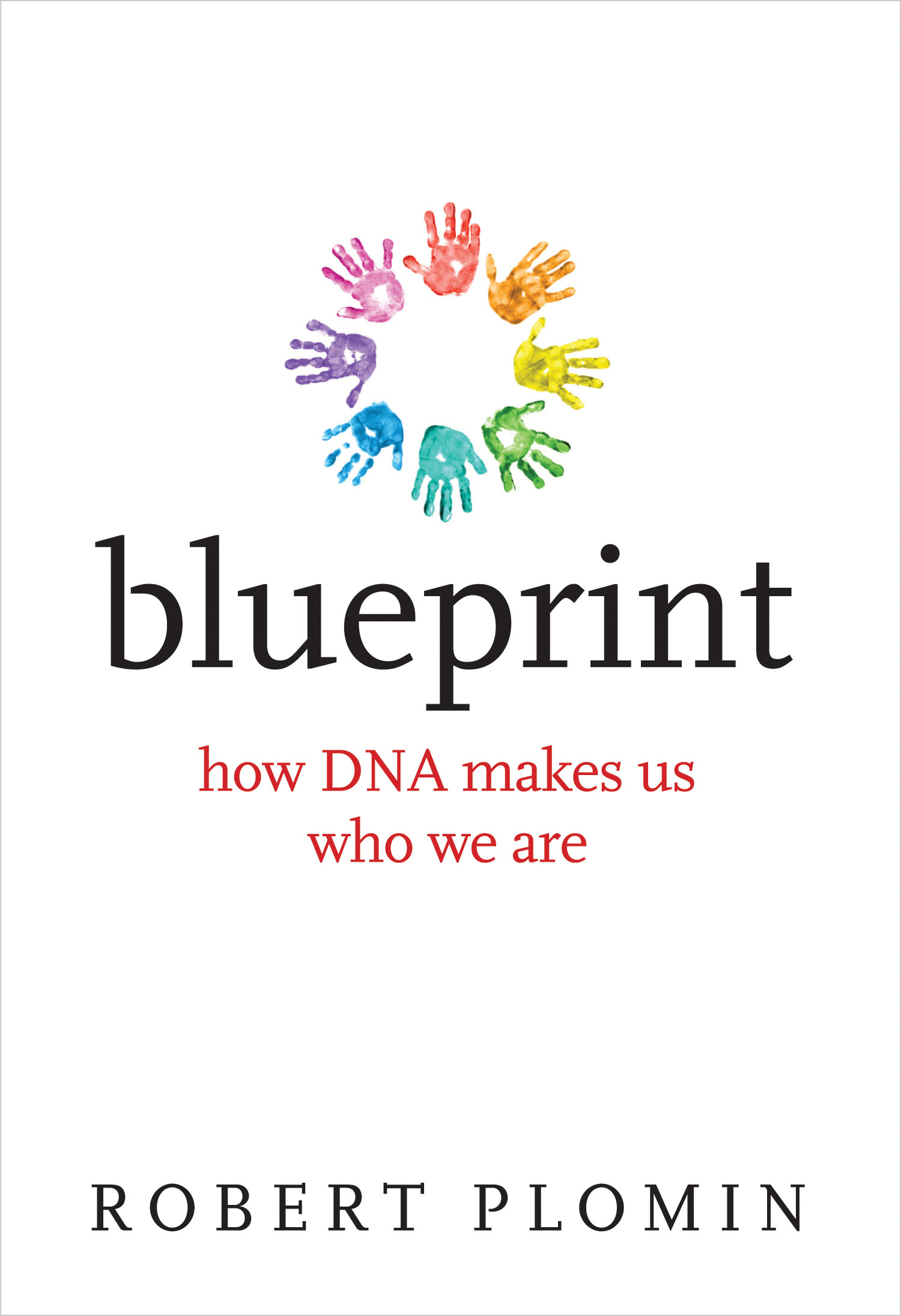Blueprint
Robert Plomin
Blueprint
How DNA makes us who we are
ALLEN LANE
UK | USA | Canada | Ireland | Australia
India | New Zealand | South Africa
Allen Lane is part of the Penguin Random House group of companies
whose addresses can be found at global.penguinrandomhouse.com

First published 2018
Copyright Robert Plomin, 2018
The moral right of the author has been asserted
Set in 10.5/14 pt Sabon LT Std
Typeset by Jouve (UK), Milton Keynes
A CIP catalogue record for this book is available from the British Library
ePub Version 1.0
Prologue
What would you think if you heard about a new fortune-telling device that is touted to predict psychological traits like depression, schizophrenia and school achievement? Whats more, it can tell your fortune from the moment of your birth, it is completely reliable and unbiased and it costs only 100.
This might sound like yet another pop-psychology claim about gimmicks that will change your life, but this one is in fact based on the best science of our times. The fortune teller is DNA . The ability to use DNA to understand who we are, and predict who we will become, has emerged only in the last three years, thanks to the rise of personal genomics. We will see how the DNA revolution has made DNA personal by giving us the power to predict our psychological strengths and weaknesses from birth. This is a game-changer that has far-reaching implications for psychology, for society and for each and every one of us.
This DNA fortune teller is the culmination of a century of genetic research investigating what makes us who we are. When psychology emerged as a science in the early twentieth century, it focused on the environmental causes of behaviour. Environmentalism the view that we are what we learn dominated psychology for decades. From Freud onwards, the family environment, or nurture , was assumed to be the key factor in determining who we are. In the 1960s geneticists began to challenge this view. Psychological traits from mental illness to mental abilities clearly run in families, but there was a gradual recognition that family resemblance could be due to nature , or genetics, rather than nurture alone, because children are 50 per cent similar genetically to their parents.
Since the 1960s scientists conducting long-term studies on special relatives like twins and adoptees have built a mountain of evidence showing that genetics contributes importantly to psychological differences between us. The genetic contribution is not just statistically significant, it is massive. Genetics is the most important factor shaping who we are. It explains more of the psychological differences between us than everything else put together. For example, the most important environmental factors, such as our families and schools, account for less than 5 per cent of the differences between us in our mental health or how well we did at school once we control for the impact of genetics. Genetics accounts for 50 per cent of psychological differences, not just for mental health and school achievement, but for all psychological traits, from personality to mental abilities. I am not aware of a single psychological trait that shows no genetic influence.
The word genetic can mean several things, but in this book it refers to differences in DNA sequence, the 3 billion steps in the spiral staircase of DNA that we inherit from our parents at the moment of conception. It is mind-boggling to think about the long reach of these inherited differences that formed the single cell with which we began life. They affect our behaviour as adults, when that single cell with which our lives began has become trillions of cells. They survive the long and convoluted developmental pathways between genes and behaviour, pathways that meander through gene expression, proteins and the brain. The power of genetic research comes from its ability to detect the effect of these inherited DNA differences on psychological traits without knowing anything about the intervening processes.
Understanding the importance of genetic influence is just the beginning of the story of how DNA makes us who we are. By studying genetically informative cases like twins and adoptees, behavioural geneticists discovered some of the biggest findings in psychology because, for the first time, nature and nurture could be disentangled. The implications of these findings are transformative for psychology and society and for the way you think about what makes you who you are.
For example, one remarkable discovery is that even most measures of the environment that are used in psychology such as the quality of parenting, social support and life events show significant genetic impact. How is this possible when environments have no DNA themselves? As we shall see, genetic influence slips in because these are not pure measures of the environment out there independent of us and our behaviour. We select, modify and even create our experiences in part on the basis of our genetic propensities. This means that correlations between such so-called environmental measures and psychological traits cannot be assumed to be caused by the environment itself. In fact, genetics is responsible for half of these correlations. For example, what appears to be the environmental effect of parenting on childrens psychological development actually involves parents responding to their childrens genetic differences.
A second crucial discovery at the intersection of nature and nurture is the unexpected way in which the environment makes us who we are. Genetic research provides the best evidence we have for the importance of the environment because genetics accounts for only half of the psychological differences between us. For most of the twentieth century environmental factors were called nurture because the family was thought to be crucial in determining who we become. Genetic research showed that this is absolutely not true. In fact, the environment makes siblings reared in the same family as different as siblings reared in separate families. Family resemblance is due to our DNA rather than to our shared experiences like TLC , supportive parenting or a broken home. What makes us different environmentally are random experiences, not systematic forces like families. The implications of this finding are enormous. Such experiences affect us, but their effects do not last; after these environmental bumps we bounce back to our genetic trajectory. Moreover, what look like systematic long-lasting environmental effects are often reflections of genetic effects, caused by us creating experiences that match our genetic propensities.
As I will demonstrate in this book, the DNA differences inherited from our parents at the moment of conception are the consistent, lifelong source of psychological individuality, the blueprint that makes us who we are. A blueprint is a plan. It is obviously not the same as the finished three-dimensional structure we dont look like a double helix. DNA isnt all that matters but it matters more than everything else put together in terms of the stable psychological traits that make us who we are.


